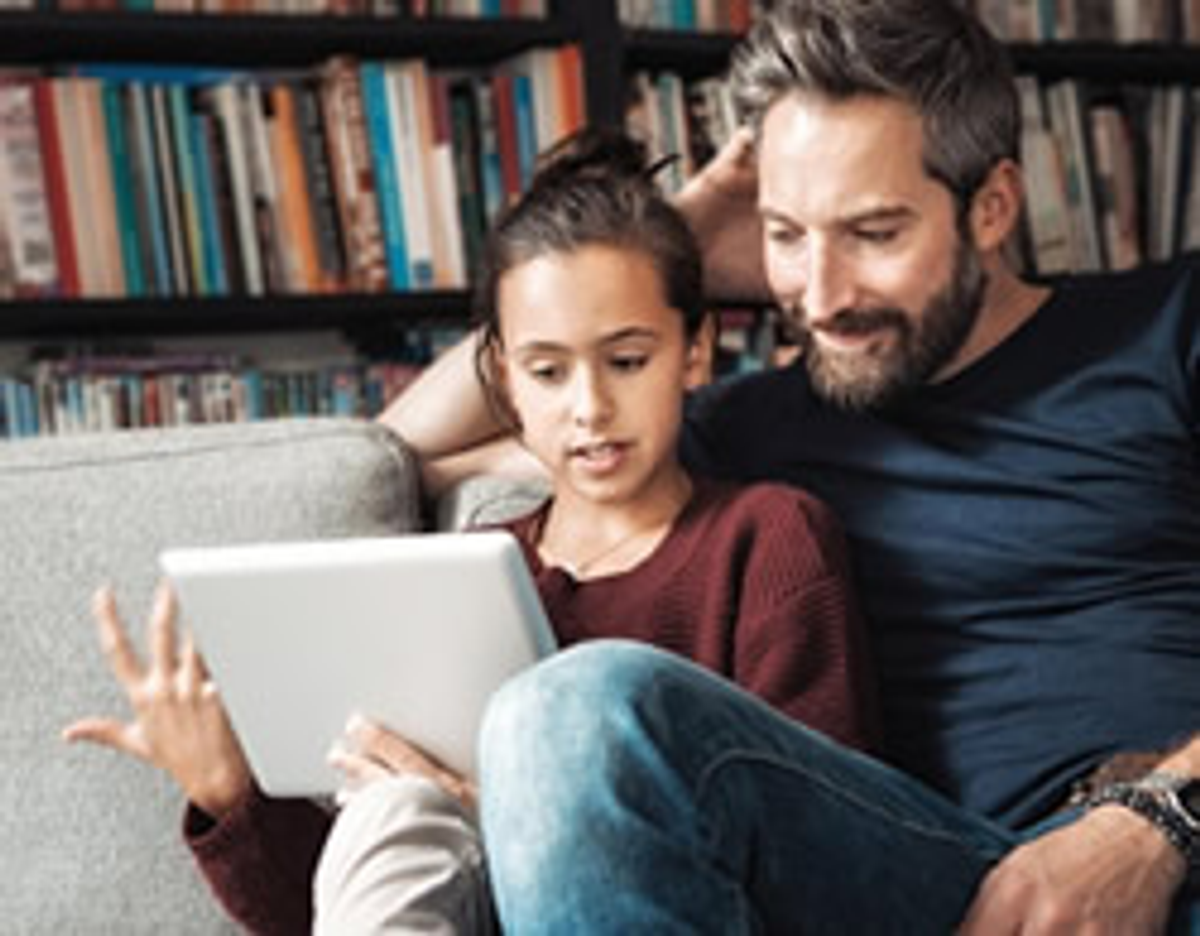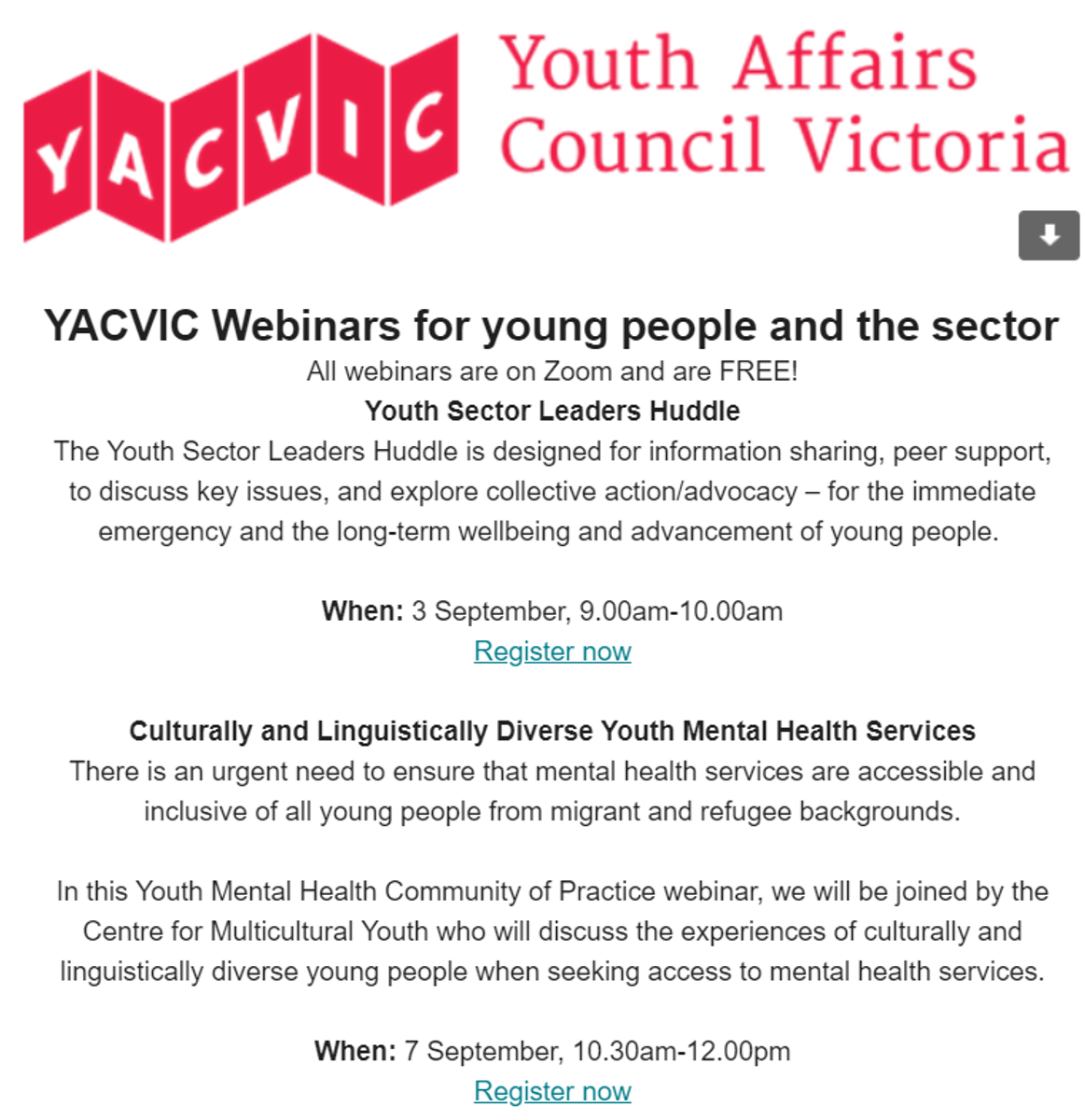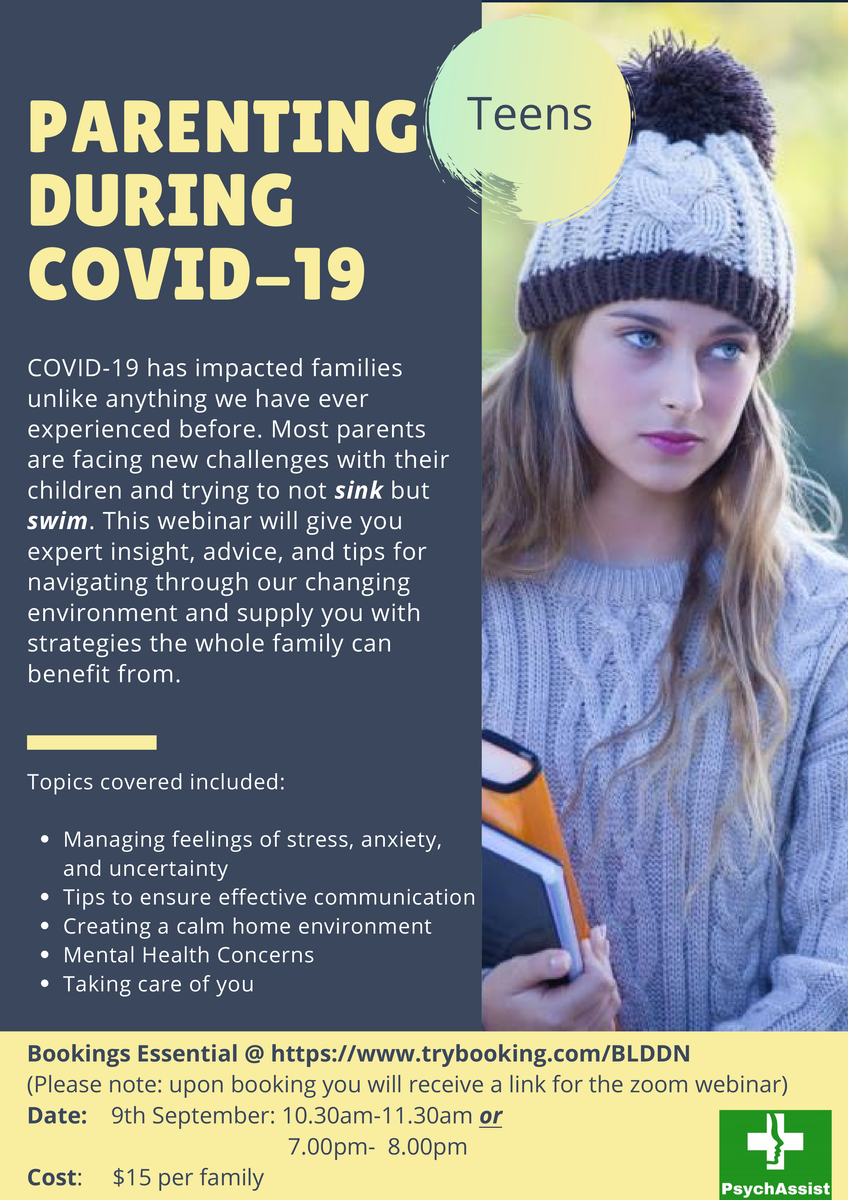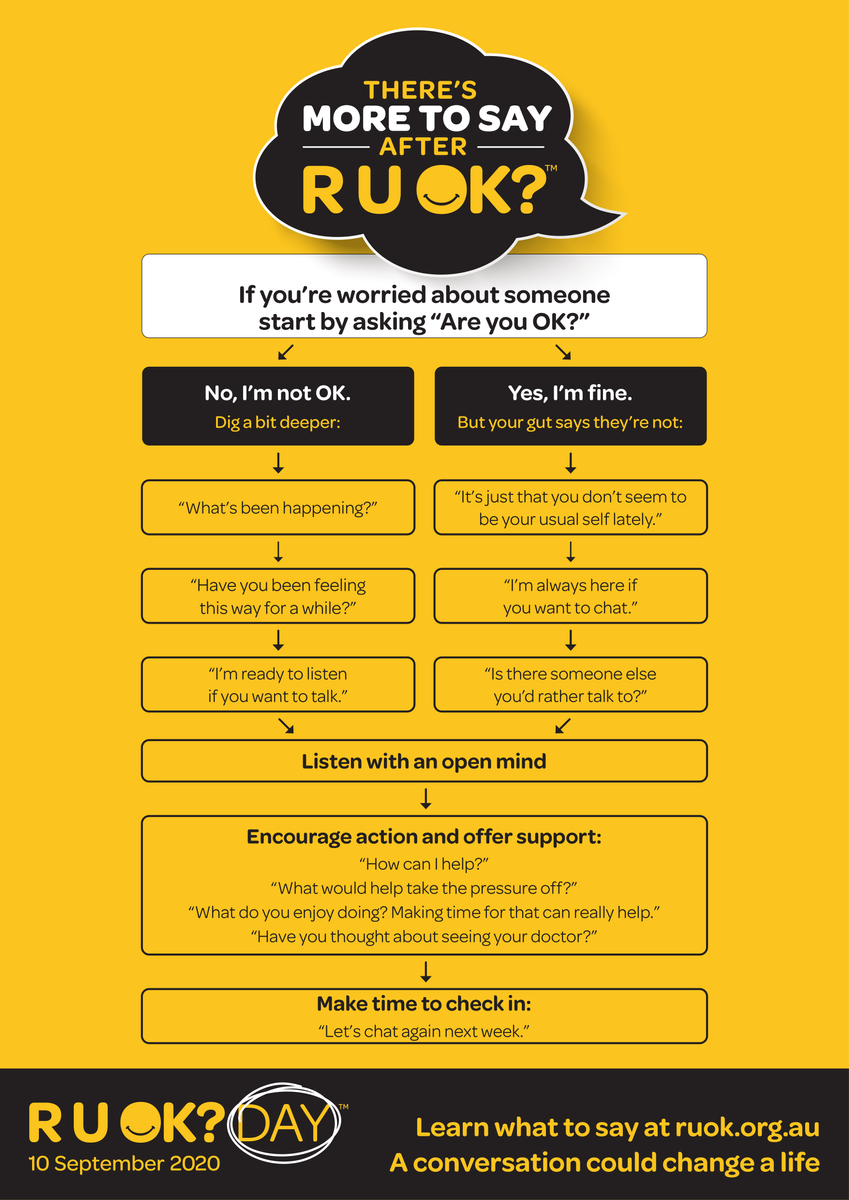Student Wellbeing

Social Media Use and Overuse
Throughout isolation and the remote learning periods I know that our phones and social media have both been a blessing and a curse. It has given us access to the outside world and has helped us to stay connected and informed. However, we also know that our phones encourage us all to procrastinate, get side-tracked, and what we consume isn’t always helpful for our mental health.
Below are 8 ways that we can ensure that our phones and social media have a positive (but only limited) place in our lives.Limit the time you spend on Social – Have you ever found yourself scrolling through Instagram without even remembering picking up your phone? Limit the temptation by putting your phone in another room while you study or work and just pick it up at break times.
- Limit the time you spend looking at screens in general – We know that staring at a screen for long periods of time is not great for our brains and can lead to us feeling exhausted, headachy and irritable. Taking regular rest breaks away from our laptops and phones and getting a breath of fresh air can improve our mood and ability to concentrate. And don’t forget to put the screen away at least an hour before bedtime!
- Limit the negativity – Do not waste your time following people who are always negative on Social – it will only bring you down. You can unfollow the person, without them even realising, and thus ensure a far more positive newsfeed.
- Limit the news updates – Staying informed is one thing, but being constantly bombarded with upsetting news updates is not helpful. Change your notification settings and reduce your exposure to harmful click bait.
- Increase the positivity – Make sure that you are being a positive force online. React to and comment positively on your friends’ posts and share news and clips that inspire smiles not sadness.
- Look at who you follow online – Similarly, you can ensure Social is a positive place by following people who inspire you. As well as friends and family, follow celebrities and influencers who spout positive messages and make you feel good about yourself.
- Remember who your real friends are – If you’re going to spend time on a screen, make sure you get on a call online and talk to your real friends face-to-face. Getting lots of likes from online followers is great, but it doesn’t replace having real chats with your real-life friends.
- Be present for your family and pets – Make sure you find time to spend with your family and pets. Look up from your phones, give your family members (human and furry) a hug and be glad that you have others to share iso with.
If you have any concerns about your son/daughter and would like support from Wellbeing this term, please don’t hesitate to email us on:
Katrina Katz – Leader of Student Wellbeing - kat@wantirnacollege.vic.edu.au
Guiseppe Relia – Social Worker - grl@wantirnacollege.vic.edu.au
Sanela Avdic – Social Worker – sav@wantirnacollege.vic.edu.au
Stay safe and well and take care of each other!
Katrina Katz,
Leader of Student Wellbeing
Online courses teaching parents to teach
27 August, 2020
A range of free online courses have been launched for parents and carers struggling to manage home learning during the COVID-19 pandemic.
The Department of Education and Training said that a webinar held earlier this week entitled Managing the Coronacoaster – Tips for building resilient families set out the practical skills, knowledge and strategies for managing remote learning during the lockdown and would be held again in September.
It said the webinars would focus on strategies and tools to help families manage their wellbeing, including establishing a supportive parental role and dealing with uncertainty and disappointment.
Minister for Education, James Merlino said the State had partnered with the Raising Children Network to fund a 10-episode podcast, Raising Learners, which featured parenting experts from organisations including the Murdoch Children’s Research Institute, Career Education Association Victoria and eSafety Commissioner, Julie Inman-Grant.
“Raising Learners will provide parents with practical advice, tips and ideas for supporting children’s health, wellbeing and engagement at school,” Mr Merlino said.
“Topics will include connecting with your child’s school community, how to best support your child’s learning, what to expect for VCE and VCAL students and how to keep your child safe online.”
He said the first three episodes would be launched on 1 September, with the remaining episodes released throughout Terms Three and Four.
Mr Merlino said the Raising Learners podcast would be available via the Raising Children Network and podcast apps
Further information, including how to register for the second Managing the Coronacoaster – Tips for building resilient families webinar on Tuesday 15 September, can be accessed on Eventbrite at this PS News link.






